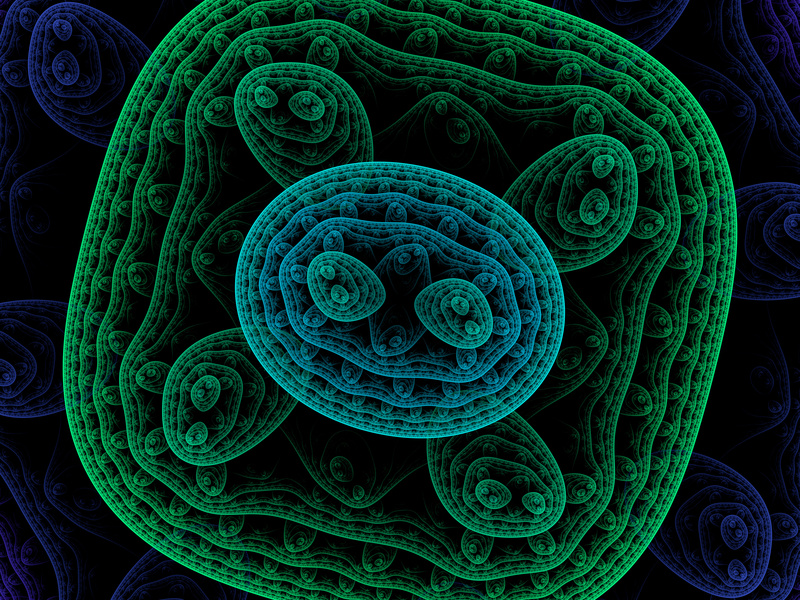Deficits in a recently discovered immune cell’s function may trigger a rare age-related auto-inflammatory disease — and perhaps far more common ones, too.
Stanford University School of Medicine researchers have unraveled the workings of an important type of immune cell whose existence was unknown just a few years ago.
The scientists found that this cell type keeps a lid on immune response, preventing runaway inflammation. But it becomes rare and malfunction-prone in even healthy people’s bodies as they get older. That could help to explain why our immune systems go increasingly haywire with advancing age.
The researchers identified the primary cause of these cells’ malfunction and linked it to an auto-inflammatory disorder, giant cell arteritis. They suspect this connection may hold for some far more common age-related conditions, too.
The findings, described in a study published April 18 in the Journal of Clinical Investigation, suggest possible new approaches to restoring function in these cells.
Source: Study ties recently discovered immune cell to disease | News Center | Stanford Medicine














Leave A Reply